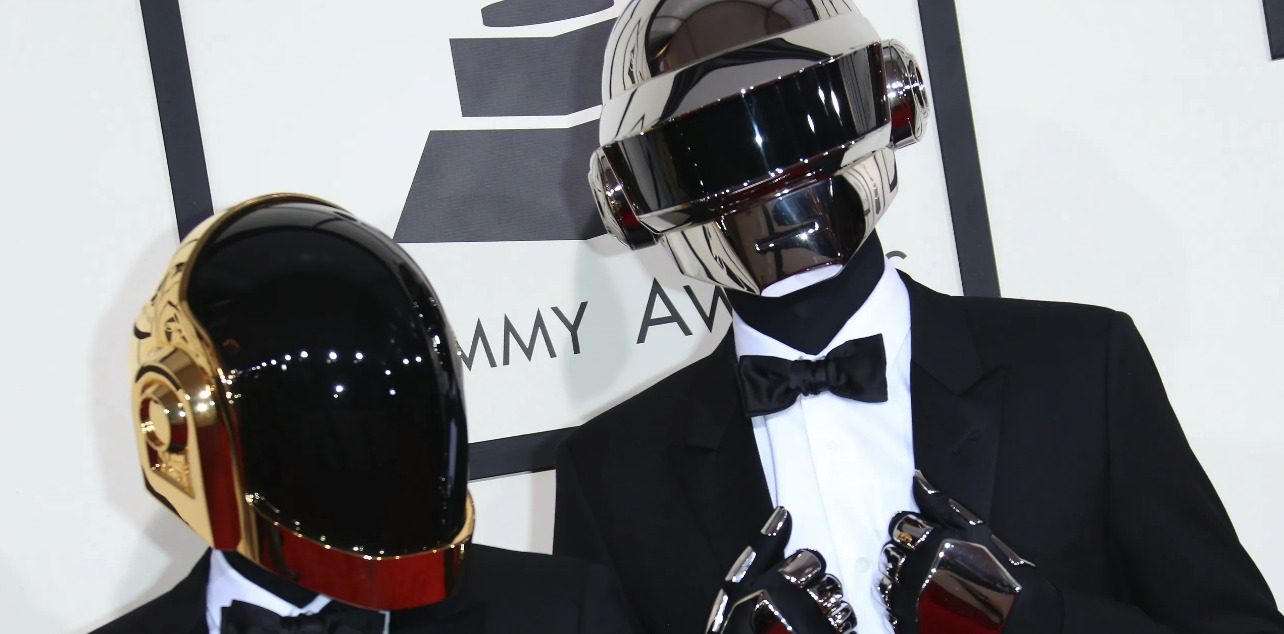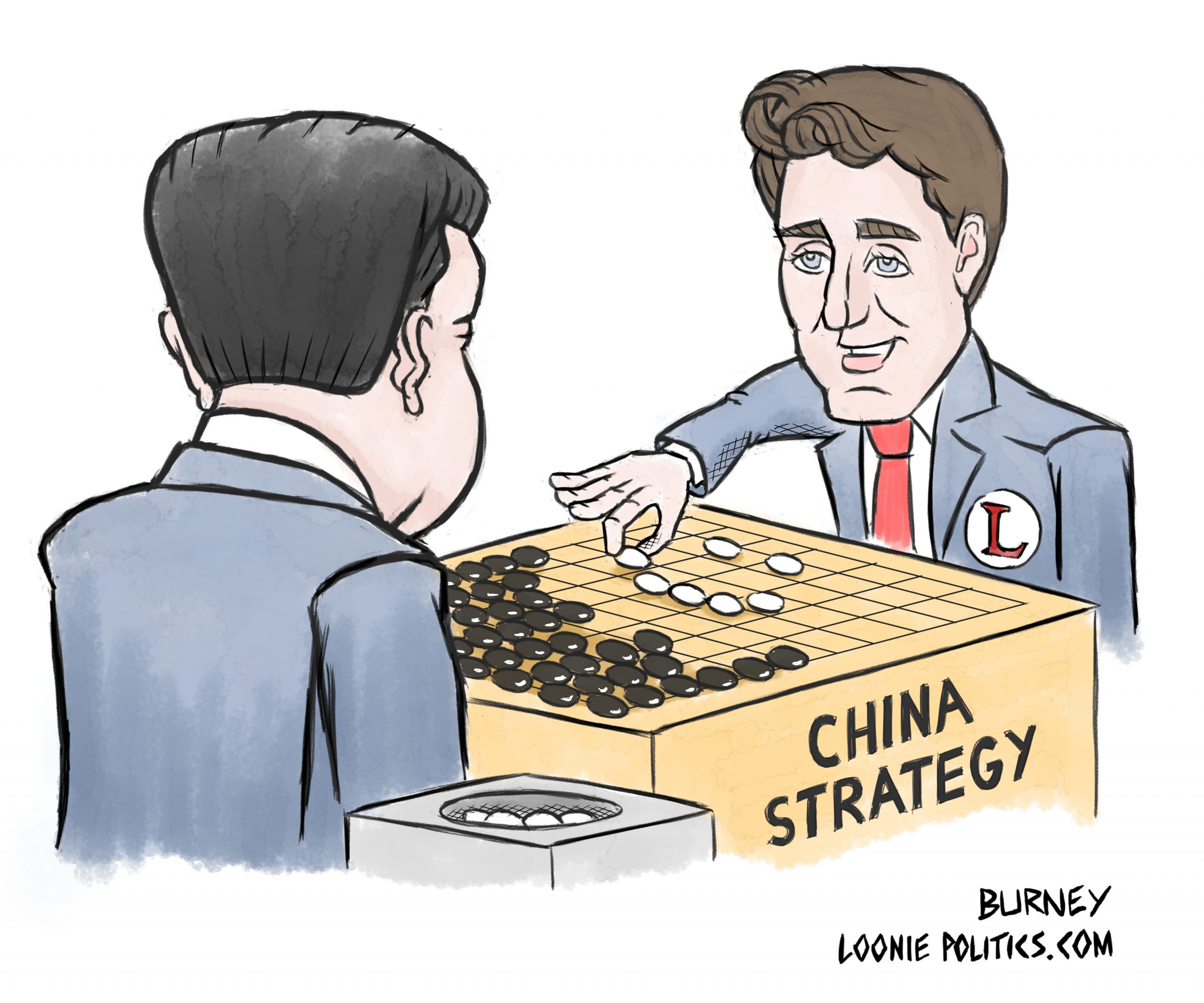I've been a political columnist for 25 years. Every so often, I like to step outside the box and create an unconventional piece. These pieces are crafted to be provocative, thought-provoking and above all, fun.
Some of my unusual creations have included: Family Guy Libertarians, Murdoch Mysteries and conservatism, Hee Haw and politics, and right-leaning philosophies in Sesame Street.
The newest entry? The political tao of Daft Punk.
On Monday, the French electronic music duo announced the end of their highly successful partnership after 28 years. Guy-Manuel de Homem-Christo and Thomas Bangalter combined various musical genres, including rock, funk and techno, into their original sound. They had many hit songs, including "Da Funk," "Around the World," "Harder, Better, Faster, Stronger" and "Get Lucky" with Pharrell Williams on vocals. They won six Grammy Awards and have been regularly called one of music's most influential electronic/dance groups.
While I don't care for electronic music my modern tastes are firmly ensconced in alternative, hard rock and heavy metal I have a soft spot for Daft Punk. The band's homage to Japanese anime was what first intrigued me. Kazuhisa Takenouchi's Interstella 5555: The 5tory of the 5ecret 5tar 5ystem (2003) served as a visual backdrop for the band's second album, Discovery. I found them to be multi-talented musicians with unique tastes and an uncanny ability to merge different sounds into one brilliant theme.
There were also some odd characteristics about Daft Punk that set them apart from their contemporaries.
Their music catalog was surprisingly bare. Daft Punk produced a mere four studio albums (Homework, Discovery, Human After All and Random Access Memories), two live albums (Alive 1997, Alive 2007) and the soundtrack for the 2010 film Tron: Legacy. Their only number one single on the U.S. Billboard Hot 100 was "Starboy," a 2016 collaboration with Canada's The Weeknd.
They also shunned the public spotlight.
Homem-Christo and Bangtaler performed as robots with elaborate outfits, including helmets and gloves. They were rarely seen without this facade, although photos of them in the flesh obviously exist. Their private lives, including families and children, floated under the radar (although Bangtaler is married to French actress Élodie Bouchez). Interviews with the media were few and far between.
Daft Punk's success can be partially attributed to the shroud of mystery surrounding its performers. In an industry where many performers talk way too much, silence can be golden. Having a somewhat invisible stature in a medium where high visibility is sought after and demanded only served to create further intrigue.
Yet, the quiet duo's provocative music actually spoke volumes. It can be viewed in the guise of tao, a Chinese word which means "way" or "path," with occasional glimpses that had a light aura of political thinking.
Daft Punk wasn't a political band. In the 2002 French presidential election, they wouldn't allow either right-leaning incumbent Jacques Chirac or his left-leaning opponent Lionel Jospin to use their song "One More Time" during the campaign. Establishing a break between music and politics was abundantly clear.
Then again, Bangtaler told Interview on Feb. 8, 2017, "The way we listen to Chicago house music, disco, heavy metal or punk is completely artistic, without the political side of it. But then we used it in a political way ourselves, which is making music at home, recycling and by combining those styles at home and doing it in a very new way." When asked to elaborate, he said the album Homework "was completely done in a very small bedroom. It's mixed on a small ghetto blaster. Selling millions of albums recorded that way is something new. I don't know if it's political, but it's a way of thinking that record companies aren't always going to dictate to artists."
During a Jan. 27, 2014 NPR interview, both men made revealing comments.
"It's not the music of today or the music of the future or the past," Homem-Christo said. "Some people would think that it's kind of retro to work with these guys and to have this type of, like, disco or funk, but to me it's just putting back some soul or some life in music." Bangtaler then said, "It's a very subjective, personal, instinctive approach as musicians of saying, 'We don't want to replace what's around; we just want to widen the possibilities.'"
What does all this mean?
In the Bible, Matthew 5:5 reads, "Blessed are the meek: for they shall inherit the earth." When the two faux robots in Daft Punk hid behind the helmets, they could be perceived as being meek: modest, shy, unwilling to discuss or convey ideas. But when they spoke, it was from a position of strength, confidence and intelligence.
Daft Punk's message was powerful and forthright. They respected tradition. They built on existing musical themes rather than destroying them. They refused to be pigeonholed as musicians. They cultivated original ideas into new, exciting possibilities. They wouldn't succumb to interpreting music with politics, but used political principles to record and promote the musical styles they enjoyed.
You can agree or disagree with Daft Punk's philosophies. But their tao seemed to convey a personal path where their musical vision, rather than their personal visage, is what they wanted to be most remembered for.
That's admirable, and worthy of discussion even in a creative, outside-the-box column such as this!
Photo Credit: Pitchfork








